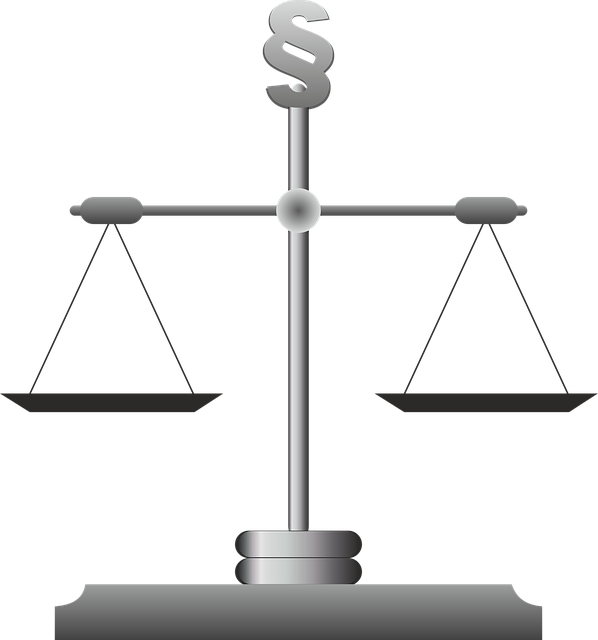Securities class actions, akin to criminal procedures, follow a structured timeline from arrest (regulatory investigation) to trial. This process involves evidence collection by bodies like the SEC, culminating in a complaint filing. Plaintiffs' attorneys employ strategic techniques for exceptional outcomes, deterring future fraud. Understanding this criminal procedure timeline and employing meticulous legal planning are key for successful defense strategies. Experience in white-collar defense, complex financial matters, and persuasive argumentation is crucial to navigating these intricate cases effectively.
Securities class actions are complex legal battles that can have significant financial implications. This comprehensive guide delves into the intricate world of these cases, offering a detailed look at the criminal procedure timeline from arrest to trial. We explore key considerations and strategies for plaintiffs’ attorneys, providing insights into navigating this challenging landscape. Understanding securities class actions is essential for investors seeking justice and fair compensation.
- Understanding Securities Class Actions: A Comprehensive Overview
- The Criminal Procedure Timeline: From Arrest to Trial
- Key Considerations and Strategies for Securities Class Action Cases
Understanding Securities Class Actions: A Comprehensive Overview

Securities Class Actions: Unraveling the Complex Landscape
Understanding securities class actions requires a deep dive into a complex legal process designed to protect investors from fraudulent or wrongful conduct. These high-stakes cases, often involving massive financial losses, navigate through intricate legal procedures, mirroring the criminal procedure timeline from arrest to trial. The journey begins with an investigation led by regulatory bodies like the Securities and Exchange Commission (SEC), who scrutinize evidence of misconduct. Once sufficient evidence is gathered, a complaint is filed, initiating the litigation process.
In all stages of the investigative and enforcement process, the goal remains clear: achieve extraordinary results for aggrieved investors. Through meticulous legal strategies, plaintiffs’ attorneys build robust cases, ensuring every detail is accounted for. This rigorous approach not only seeks compensation but also serves as a deterrent, sending a powerful message to potential wrongdoers that such misconduct will not be tolerated in the financial markets.
The Criminal Procedure Timeline: From Arrest to Trial

The criminal procedure timeline for securities class actions begins with an arrest or grand jury indictment. Law enforcement officials or a regulatory agency, such as the Securities and Exchange Commission (SEC), may initiate an investigation based on suspected securities fraud or other financial crimes. After gathering evidence, they will either file charges directly or present their findings to a grand jury for consideration. If the grand jury returns an indictment, marking a formal accusation of criminal activity, the case moves forward towards trial.
During this phase, the accused, often high-profile individuals or corporate entities in white-collar defense cases, have specific legal rights and protections. They can challenge the evidence presented by prosecutors to avoid indictment or work towards a complete dismissal of all charges if the prosecution fails to prove their guilt beyond a reasonable doubt. The process involves extensive pre-trial preparation, including discovery, motion practice, and potential plea negotiations, ultimately leading up to a trial where a judge or jury determines guilt or innocence.
Key Considerations and Strategies for Securities Class Action Cases

When navigating Securities Class Action cases, several key considerations and strategies come into play. One of the first steps is understanding the intricate criminal procedure timeline from arrest to trial. This process involves meticulous document collection, fact investigation, and strategic legal planning. A comprehensive review of regulatory requirements, company policies, and industry standards is crucial for building a robust defense strategy.
Additionally, securing an unprecedented track record in white-collar defense can significantly influence the outcome of these cases. Skilled attorneys must be adept at handling complex financial matters, interpreting regulatory nuances, and presenting persuasive arguments both in written form and during high-stakes jury trials. Experience in managing large-scale class action litigation is invaluable, ensuring that all legal avenues are explored to protect the interests of the accused organization.
Securities class actions are complex legal battles that demand a thorough understanding of both the financial markets and criminal procedure. By tracing the Criminal Procedure Timeline from arrest to trial, this article has provided a comprehensive overview of the key stages involved in these cases. From initial investigations to settlement negotiations, each step requires meticulous planning and strategic considerations. Legal professionals must navigate these complexities to ensure justice for investors, ultimately fostering integrity within the financial sector.






